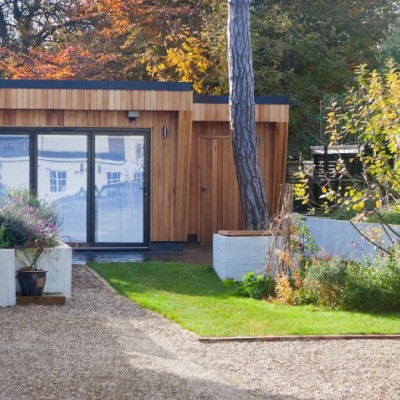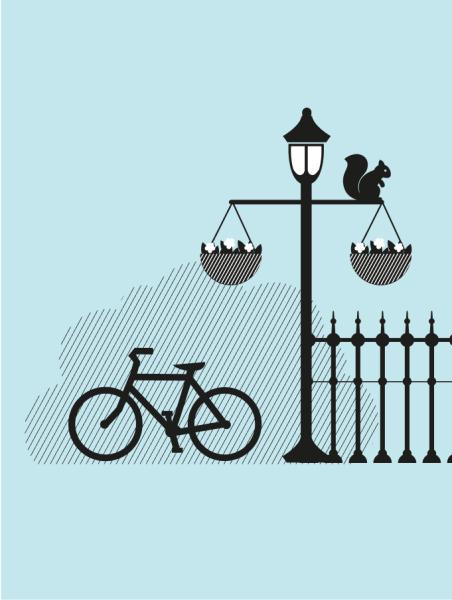The top 7 things to consider when buying a forever home

According to research by Legal & General Financial Advice, the number of homeowners aged 55-plus who are considering downsizing has fallen by 200,000 over the past three years. The property market intelligence company, Dataloft, also polled UK estate agents recently on who is currently buying property. In 2021, downsizers were reported to make up only 4.5% of sales.
This indicates a rise in the proportion of people who are happy to stay in larger family homes as they get older, rather than making the ‘usual’ move to a smaller property. It may not come as a surprise that for many homeowners, they’ve enjoyed having more space during the pandemic, which they’re now reluctant to give up. They may also have realised the importance of having trusted neighbours, friends and family close by.
In a 2019 report by LV Insurance, 53% of homeowners polled said the house they live in now is where they plan to stay put, whilst those who don’t currently own their ‘forever home’ think they will buy it at an average age of 49 years old. There are some key things to consider though for those wanting to stay in a larger home as they age, rather than downsizing. It’s important to remember that despite being perfectly fit at the moment, needs might change as we get older.

Here are the top 7 things to consider when buying a forever home, to make sure it will truly suit you long-term:
1. Location: can you easily get where you need to go?
It’s not just age that might affect your ability or desire to drive, but as the Government has pledged to achieve ‘net zero’ carbon emissions by 2050, it’s likely they will want to encourage using public transport over cars. It’s sensible to make sure your forever home is located somewhere with good public transport links that will allow you to travel around easily and/or is close to the places you visit most often, e.g. the supermarket, pharmacy, any regular hobbies – and, of course, friends and family.
2. Healthcare: is it close by?
Although you might have friends and family nearby that can respond quickly in an emergency, the reality is that you’re likely to need to visit the doctor or hospital more often as you get older. The closer you are to both of these services the better, as you can get care more quickly when needed.
3. Space: does it fit your needs now and in the future?
With more people now working from home, you may want to consider if there is a separate study space that you can work from peacefully. And as affordability continues to be an issue for many younger people, parents should be prepared for their adult children to come back and live with them – whether that’s temporarily or for an extended period of time. Is there sufficient living space for you all? As they get older and their family expands, could you still accommodate everyone for big family get togethers?
4. Flexibility: can the space be adapted if required?
There may come a time when going up and down stairs to your bedroom or bathroom just isn’t possible. That could be because of a temporary injury or something more long-term, so look at whether the downstairs accommodation in your forever home could be re-jigged to allow for ground floor living. Are there enough reception rooms for one to be turned into a bedroom and if there’s already a downstairs toilet, could it be expanded to become a wet room?
5. Help: are their local services available if you need them?
If you’ve decided to put down roots in a family-sized home, it can be quite a job to keep the house clean – for anyone! As time goes on, you may want or need to get help from a cleaner or housekeeper, so check what local services are available. It is also worth checking whether you can get groceries, prescriptions, etc delivered too, for times when you may not be able to go out and get them yourself.
6. Outdoors: is it suitable as you get older?
Having your own outdoor space is always great to have, no matter what age. However as you get older you may not be able to mow the lawn or maintain the gardening as easily as you used to. Is the garden already low maintenance, or would it be easy to change it? Do you have friends or relatives close by that could help keep it looking presentable if needed?
7. Energy efficiency: what rating does the property have?
This may not be an obvious consideration, but the Government are currently discussing proposals for homes to have a minimum EPC rating of a C being implemented by 2035. The better the EPC rating, the more energy efficient a property is, which usually results in lower bills (great at any point but especially helpful once you’ve retired). If the property is very poorly rated, you’ll need to figure out whether you have the means (and desire) to make the necessary changes to bring it up to standard or not.
If you’re currently considering buying a forever home, we can help! Just get in touch with your local branch and one of our property experts will be happy to chat through locations and homes that could perfectly suit your needs.
Looking for advice?
If you're looking to let or sell your property, we can help. Get in touch with your local branch or book in for a property valuation.

Contact Us
Got a question, general enquiry or something else?
You may also like
Since we started in 1818 we have grown and joined one of the UK’s largest property groups, we can save you time and money by offering a range of services and expertise under one roof.





